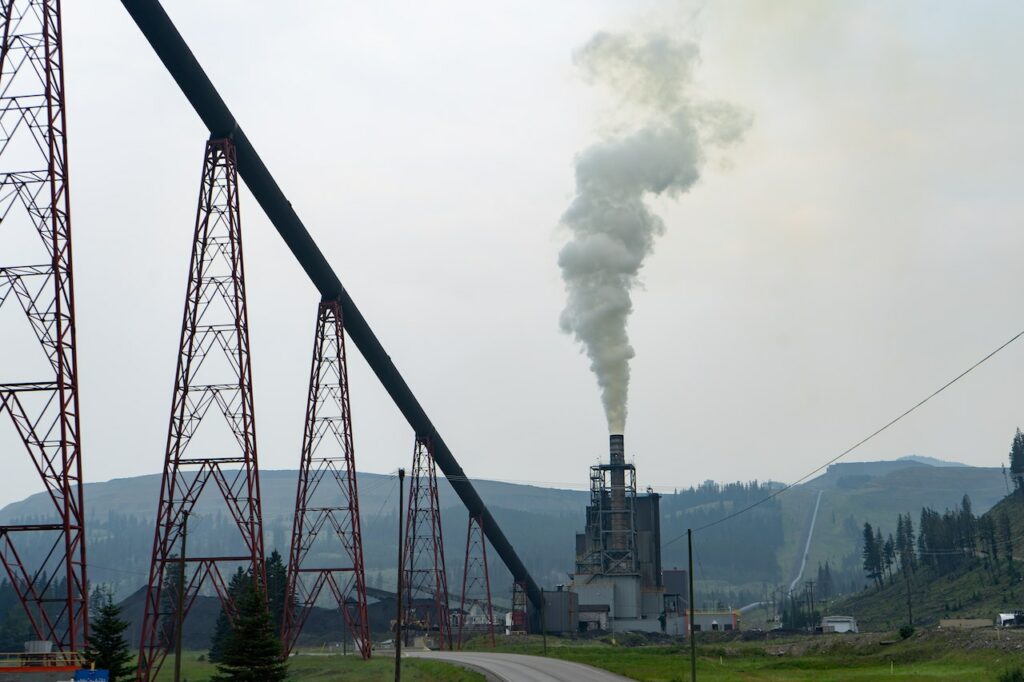


2 June, 2023
It’s difficult to overstate how critical collective action is to stopping climate change. Without working together, there’s no way that we will achieve a net zero future and limit global warming to 1.5°C (a threshold we are closer than ever to breaching).
It was particularly disheartening, then, to read this week about the mass exodus of insurance providers from the Net-Zero Insurance Alliance (NZIA). Established two years ago, NZIA is a UN-backed body aimed at reducing the carbon footprint of insurers and mitigating climate change risks. However, allegations of anti-competitive behaviour from US attorneys-general have prompted several major insurers, including Lloyd’s of London, Axa, and Allianz, to withdraw from the alliance. Critics argue that efforts to scale back insurance coverage for fossil fuel projects amount to collusion and undermine fair competition.
This is a shame. Rather than fragmentation, collaboration and shared responsibility among insurers and other stakeholders are crucial for tackling climate change. US antitrust laws have been adapted in response to crises before, and there’s no reason these regulations couldn’t be modified to accommodate collective climate action. Such adaptations exemplify the kind of systemic change that is needed if we are to successfully respond to climate change.
Worth considering, also, is whether these anti-trust allegations are the real reason insurers are quitting the alliance. In a political climate increasingly gripped by anti-ESG sentiment, it’s entirely possible that insurers with cold feet were simply looking for a way out of NZIA.
As climate alliances in the financial sector face uncertain times, insurers and other financial institutions should take a moment to consider how they will continue to work together to accelerate the shift to a greener world. Vague statements about remaining committed to acting on climate change are not enough – it’s time to ensure we’re insuring our planet’s future.
By Louise Podmore